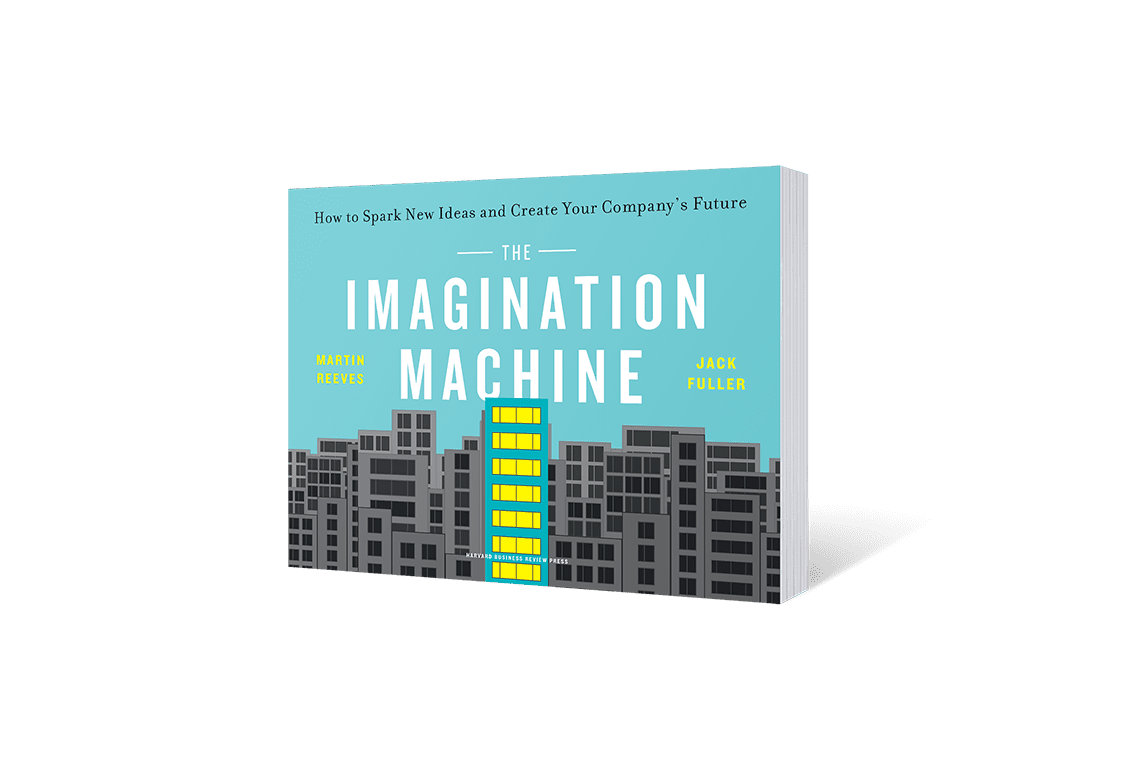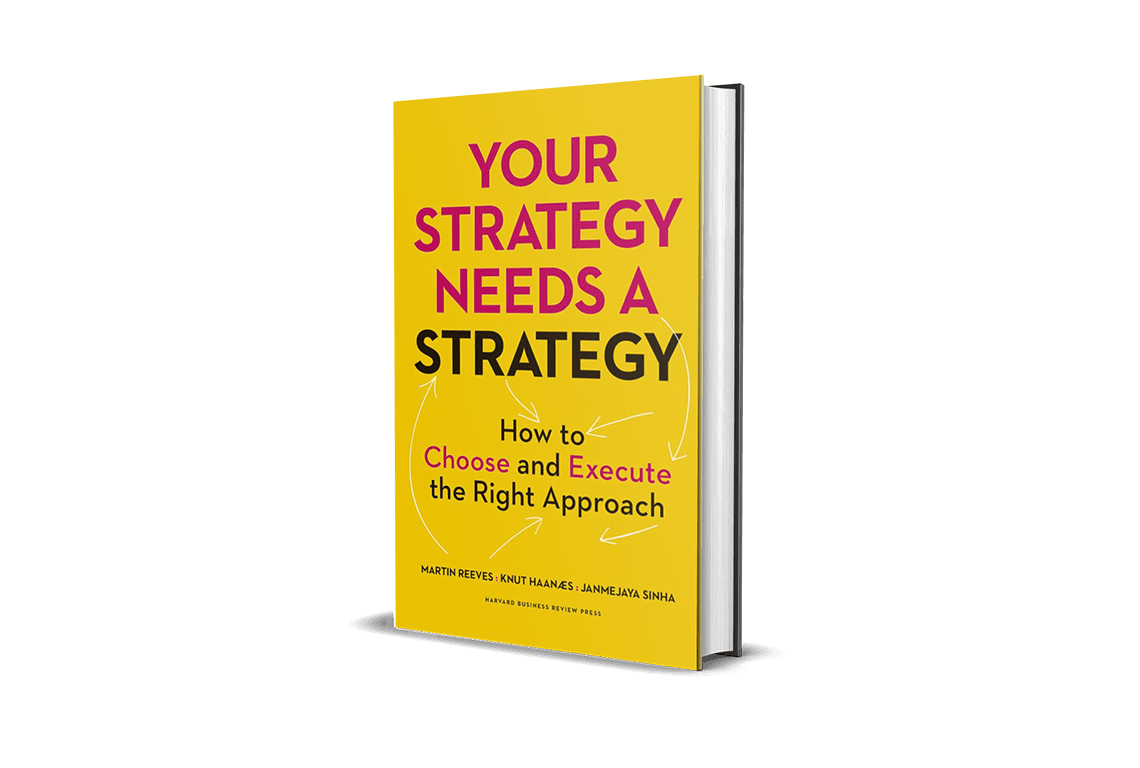Martin Reeves
Former Chairman, BCG Henderson Institute
Expertise
Education
- MBA, Cranfield University School of Management
- MA, natural sciences, University of Cambridge
- Certification in Japanese, Osaka University of Foreign Studies
- Postgraduate research in biophysics, University of Tokyo
BHI Affiliation
Location
Contact

Martin Reeves
Former Chairman, BCG Henderson Institute

Martin Reeves is the former Chairman of the BCG Henderson Institute, BCG’s think tank dedicated to exploring and developing valuable new insights from business, technology, economics, and science by embracing the powerful technology of ideas.
Martin is a regular contributor to Harvard Business Review, MIT Sloan Management Review, Fortune, and other management journals on business strategy and management.
A regular public speaker and a repeat TED@BCG presenter, Martin is coauthor of The Imagination Machine, an executive’s guide to systematically harnessing imagination for corporate reinvention and rejuvenation. He also coauthored Your Strategy Needs a Strategy, which proposes the “strategy palette” as a tool to enable business leaders to tune their approach to strategy to the strategic environment of each business.
Competing on Imagination
Companies must increasingly compete on imagination, but we don’t have a clear idea of how imagination works or how to systematically improve it. How could we cultivate imaginative capacity, rather than leaving it to chance, intuition, or processes?
Featured articles by Martin
Are We Collaborating Too Much?
Collaboration is good for many things—but for businesses, treating it as a default is a mistake. In some cases, discouraging collaboration or even encouraging competition can be advantageous.
The Future 50: Companies Built For Growth in Uncertain Times
BCG Henderson Institute has partnered with Fortune to publish the Future 50, a ranking of the companies with the greatest long-term growth prospects.
Chatting About Strategy
The uses and limits of large language models.
Books, authored by Martin
The Imagination Machine
Most leaders agree that imagination in business is crucial for success but they struggle to cultivate this capability. Explore how to harness the power of imagination.
Your Strategy Needs a Strategy
The world of strategy is thick with ideas and frameworks; Your Strategy Needs a Strategy will help you cut through the noise and find clarity regarding which approach, or combination of approaches, is your best bet.
Thinkers & Ideas podcast co-hosted by Martin
Inspiring and thought-provoking conversations with authors about influential ideas on business, technology, economics, and science.
Higher Ground with Alison Taylor
"We all seem to have collectively lost sight of what it means to be a good business, in the ethical sense."
Permacrisis with Mohamed El-Erian and Michael Spence
"In a world like this, you better ask yourself every single day whether your company has three characteristics: One is resilience, the second is optionality or open-mindedness, and the third is agility."
The Coming Wave with Mustafa Suleyman
"If we are to be able to harness the upsides [of these technologies], we have to take a cold hard look at their potential downsides. Too often, people fall into one or other camp—naive techno optimists […] or modern-day Luddites. That does not cut it anymore."
The Worlds I See with Dr. Fei-Fei Li
"Business today is built upon knowledge layers—information on customers, supply chains, markets…. All these layers will now be updated with…new technology, [enabling] optimized decision making, personalization, and customization."
Recent Work
How CEOs Can Conquer Traditional Innovation Tradeoffs
Cost overruns, delays, and high failure rates have long been accepted as the price of innovation. But with a co-ambidexterous approach, CEOs can help their companies innovate smarter and faster.
From Change Management to Change Strategy
Trial and error isn’t an option in your next change effort. To help you develop a tailored change strategy, we built an agent-based change simulator.
The Neglected Quadrant of Innovation
To tap into the most imaginative and transformative possibilities, companies need to harness the power of collective intelligence and serendipity.
Is Your Strategy a Source of Sustained Competitive Advantage?
The key to lasting competitive advantage lies in building strategies around resources your rivals can’t easily replicate, like culture, experience and complexity.
BHI’s Summer Reading List — 2025
In keeping with our annual tradition at the BCG Henderson Institute, we are excited to kick off the vacation season by unveiling our 2025 Summer Reading List.
When Wait and See Is Smart Strategy
Waiting can be a dysfunctional choice — or a wise approach to navigating complexity. Leaders facing today’s uncertainty must know when and how to wait.











